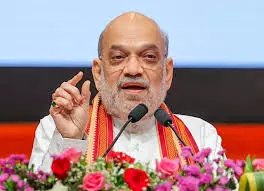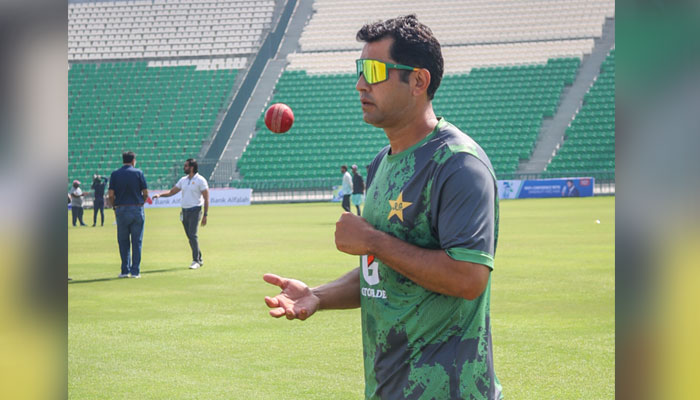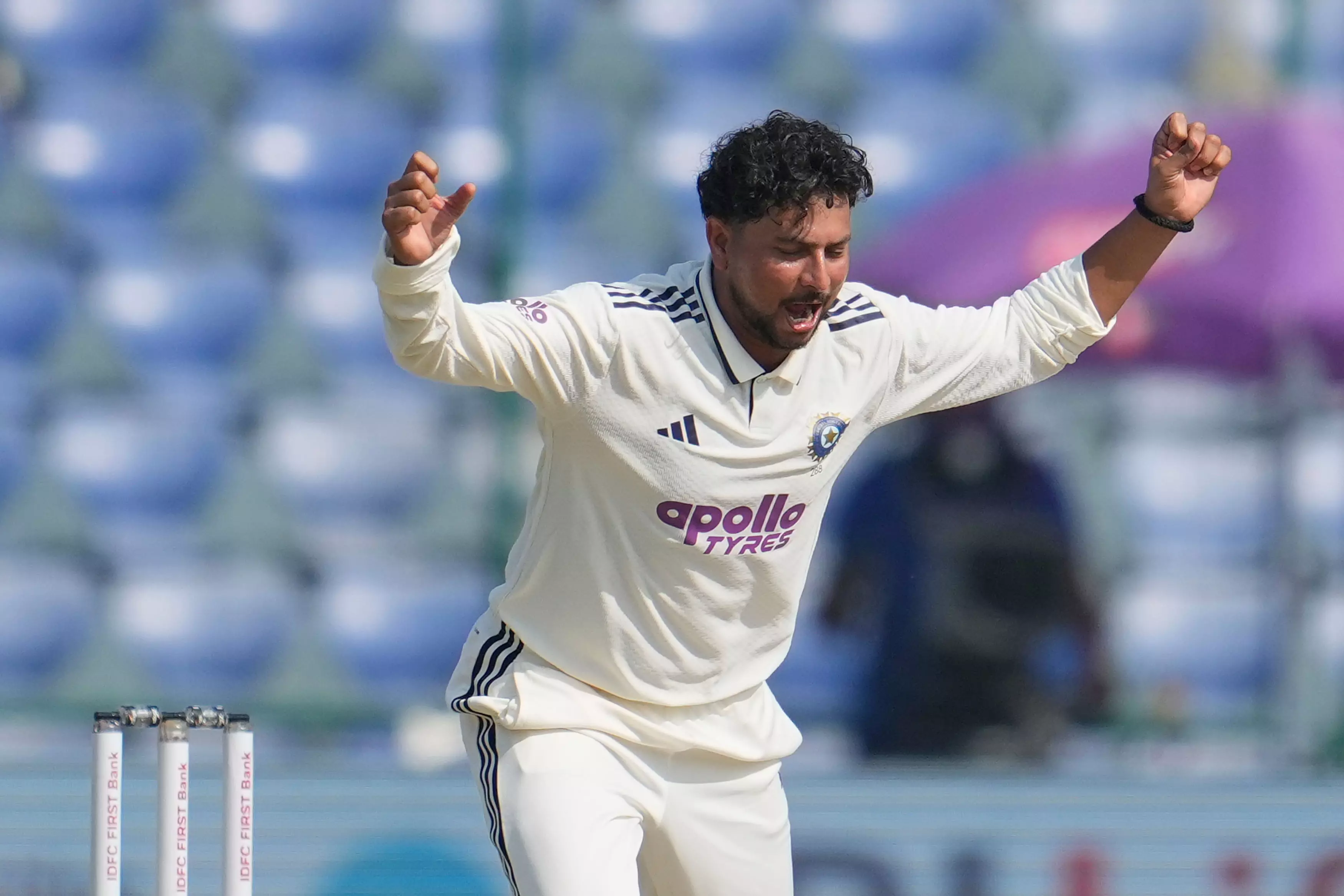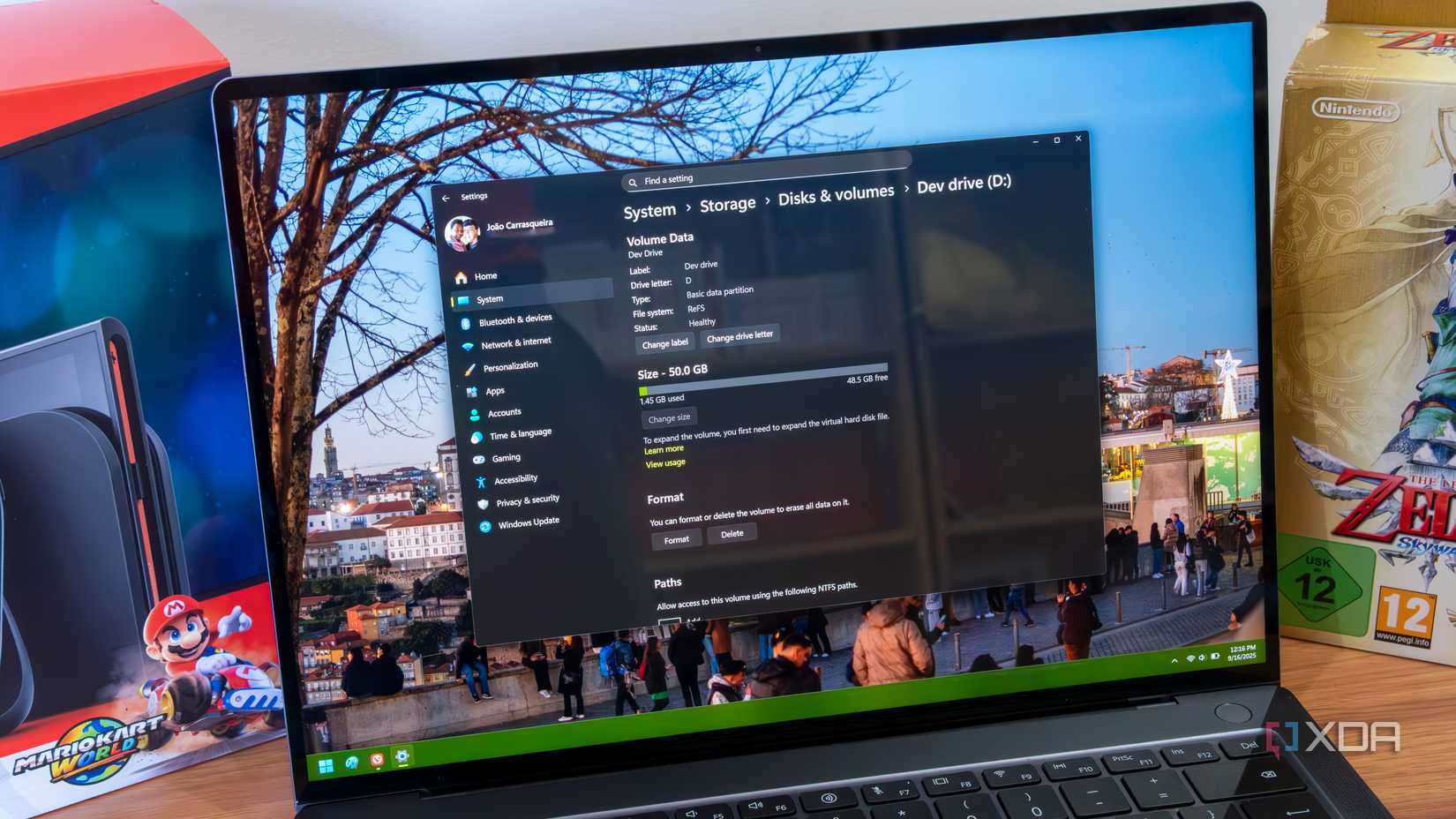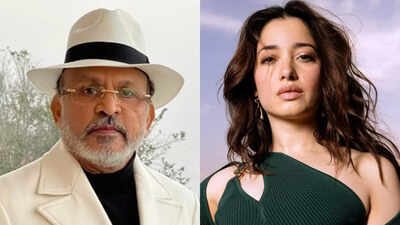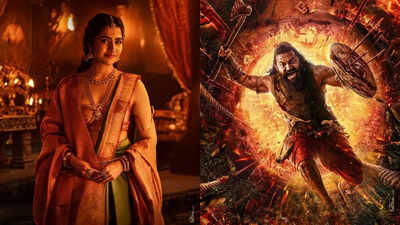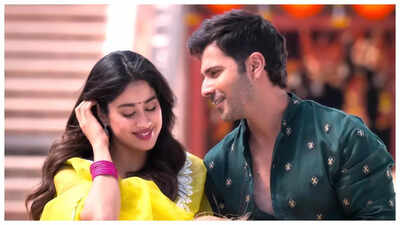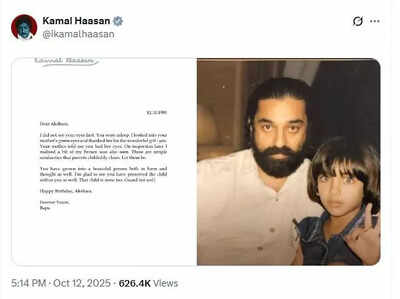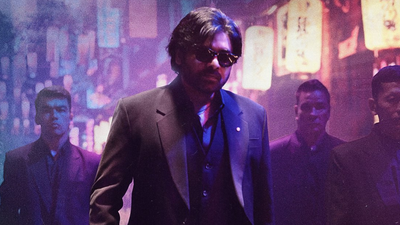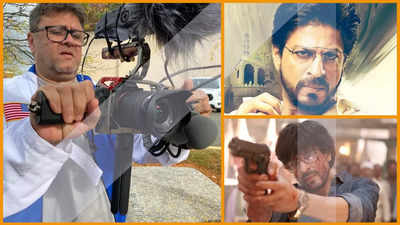Shah Rukh Khan’s acting prowess and versatility have helped him etch his name in the books of India’s cinematic legacy. His every character has left an indelible mark in the hearts of the audience and his work in and as Raees certainly stands out. Perhaps the actor himself knew the potential the character had, and thus, he didn’t even hear the entire script and said yes to the script.
In an exclusive conversation with ETimes, Raees’ director Rahul Dholakia shared that it wasn’t difficult to convince Shah Rukh Khan at all. “I had gone to narrate the script to Shah Rukh (Khan) with my producers Ritesh Sidhwani and Farhan Akhtar. I think Shah Rukh got interested. Because at the mid-point he said he was doing the film. I felt like a schoolboy who had just been told he had passed. It’s every director’s nightmare that an actor would get bored during the script narration,” narrates Rahul.
Though Shah Rukh had said yes to the script before even hearing the entire narration, certain changes were made in the second half. Speaking about the same, Rahul said, “Some changes had to be made, though not that much, because it was the unusualness of the script that appealed to Shah Rukh.”
Further, as Rahul continued to narrate some of the most memorable points from the making of the movie, he highlighted Shah Rukh’s dedication to his work. Here’s what happened – “I went back to him (SRK) with the second half of the script after almost a year. He remembered details from the first narration that even I had forgotten. This kind of dedication coming from a superstar of his stature left me deeply impressed. He plays a man from the ghetto in Gujarat. He will dress and speak in a particular manner.”
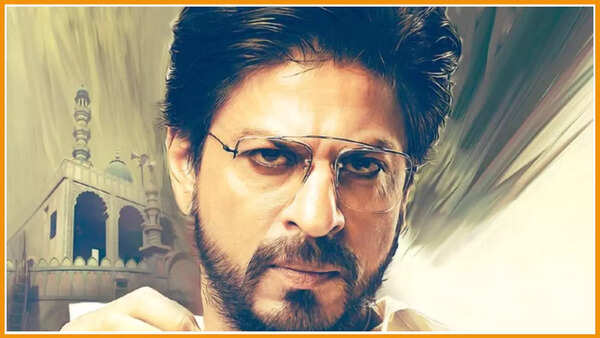
In the same conversation, Rahul spoke about the subject of the movie – Prohibition. “We wanted to make a film on the issue. Since Gujarat is the only state that has Prohibition we decided to locate our plot in Gujarat. Shah Rukh’s character started as a real-life person. But as we wrote and re-wrote several drafts of the script, Shah Rukh’s character became more and more fictional.”
Though the film was situated in Gujarat Shah Rukh didn’t shoot there. Explaining the same Rahul shared, “It was very practical and logical to not take Shah Rukh Khan into the crowds. He is a star with a mammoth following. He has a massive following in Gujarat. To shoot with him on the streets in Ahmedabad was not only impractical it was probably suicidal. I remember when we were shooting with Sanjay Dutt in Kashmir for Lamha. Huge crowds would gather and obstruct the shooting. We built a set in Mumbai, and did some shooting in Gujarat as well.”
Revisiting ‘Rasees’ as it turns 8!
It’s the same old wine—hooch wine—in a not-so-new battle, and I do mean battle. Prohibition in Gujarat is the playground for this pulsating saga of twisted morality. As the Good Cop Majmudar (Nawazuddin Siddiqui) wages an all-out war against hooch seller Raees Khan (Shah Rukh Khan) what emerges from the smoke fire and ashes is a kitschy 1980s-styled potboiler that tells the story of a gangster’s protege who grows into a Robin Hoodlum, the do-dogooder whose Ammi (Sheeba Chadha, so brilliant and yet such a fugitive figure in the screenplay) teaches him that no job is too small or petty.
Taking that maternal advice a bit too seriously (probably uttered by the short-lived Ammi-jaan in an unguarded moment after she may have heard it being said by Alok Nath on ‘Buniyaad’) Raees spends the next 40 years of his life and two hours of ours, selling illicit liquor and killing opponents with an impunity that defines death by Dawoodian ideology.
Plenty of gratuitous action, rapid-fire movement, and swift reflexive responses to violent impulses exist but Raees never succeeds in getting its act altogether. It’s all too hazy scattered and sketchy, except when Nawazuddin walks in as the ‘Good Cop’ who vows he will get Raees by hook or crook. Nawaz’s Majmudar is funny without trying to be. Habituated to being transferred on his job he insists on his seniors giving their orders in writing, and when he realizes that the mithai he is savouring has come from his arch-enemy he continues to nibble on it while reiterating his vow to get the bootlegger. This is a man who probably laughs twice a year and that too because his wife expects him to.
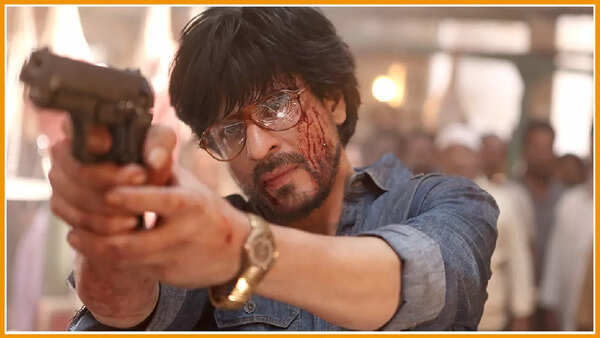
While Nawazuddin makes sure his character is coherently defined Shah Rukh Khan’s Raees remains surprisingly hazy, and we are not talking about his moral values alone. It’s the way Mr Khan plays Raees, as though he doesn’t really like the man for his immoral acts. But what to do? He must do the job to the best of his abilities.
At many points in the plot, Shah Rukh’s Raees falters as he attempts to come to terms with the rapid changes in his fortunes. Failing to find a feasible centre to his character’s doddering ethics Shah Rukh plays Raees with an arrogant indifference. In his defence, the material provided by the writers (Rahul Dholakia, Harit Mehta, Ashish Vashi, Neeraj Shukla) is at best derivative. We have seen the same story about the rise and fall of the gangster With The Bloodied Gun in scores of films by Ram Gopal Varma and Anurag Kashyap.
There is nothing even remotely novel in the shoot-outs and the other shindigs (the latter includes a sudden Sunny swing of Leone’s Laila kind into an item song that is as opportune as porn in a parlour). Even the tender relationship that Raees shares with his coy wife Asiya (Mahira Khan, assuming the Mere Mehboob persona all pert, pouty, and silky) has been done so much more effectively by Manoj Bajpai and Shefali Shah in Ram Gopal Varma’s Satya.
Such considerations are perhaps unwarranted in Raees. Director Rahul Dholakia attempts to assemble an inherently messy saga of gangsterism set in the 1980s, told in the way films were narrated in that era. There is even an action sequence in a drive-in theatre where an Amitabh Bachchan film plays while Raees intimidates a builder.
Deliberately stagey and self-consciously ‘retro’ Raees gathers its strength from the voluptuous resources of drama in the protagonist’s life and the power of the narrative to make clichés come alive by their defiant reiteration. The director knows his material is weather-beaten and he doesn’t pretend it is any other way. The shoot-outs filled with bombast and bravado, are from an era when such violence was considered macho.
In the end, when Raees’ world falls apart with a close encounter of the ‘thud’ kind, there is no surprise left in the plot. It isn’t only Raees who has nowhere to run to.


